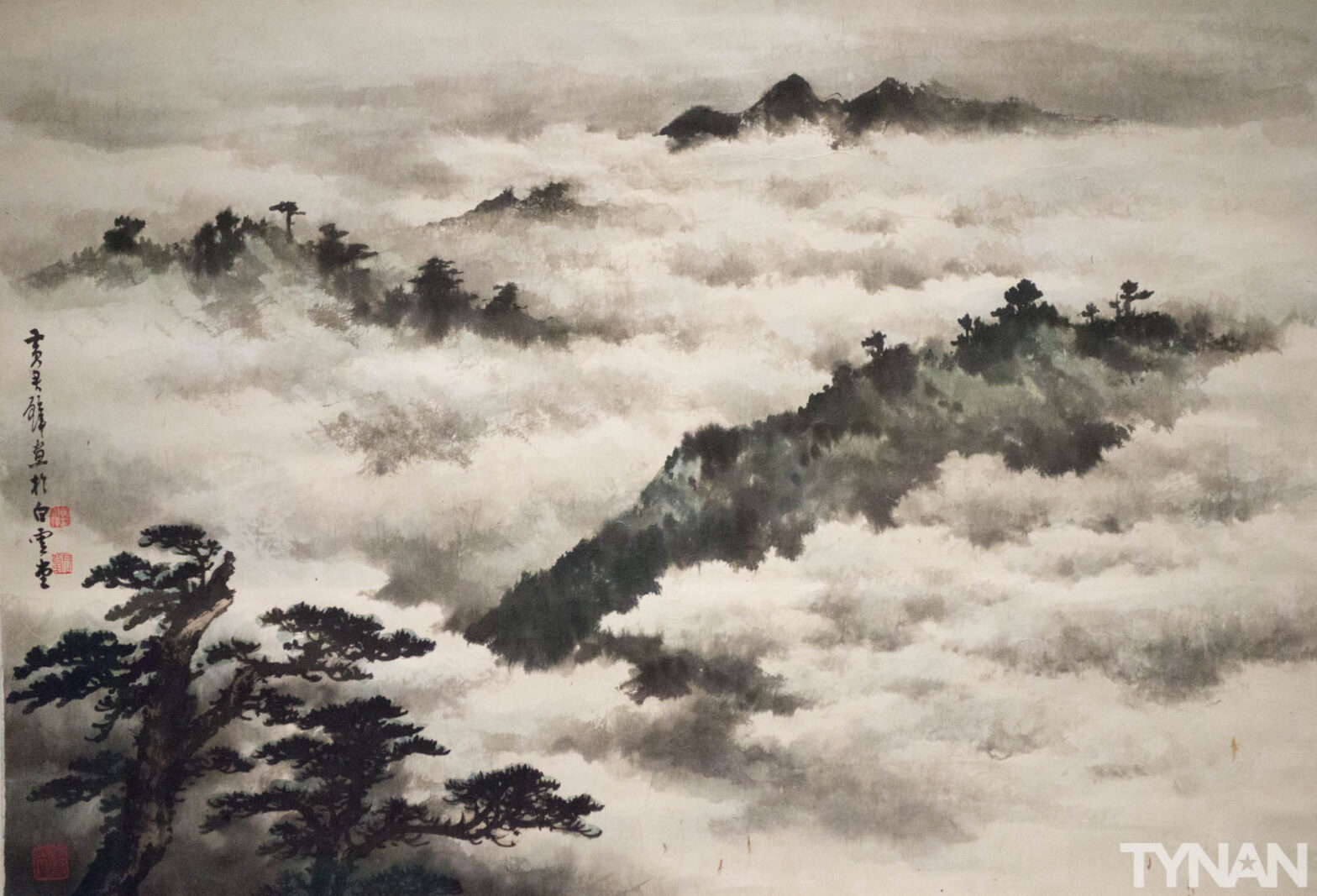It’s been a long time since I’ve shared book recommendations, but I’ve been reading a lot and have stumbled upon some great books recently. I normally read non-fiction, but I’ve been integrating some fiction as well. I used to think of it as a less worthy use of time, but I’ve since read that reading fiction increases empathy (something I’m bad at), and I think/hope that it will improve my own writing. These are all books that I rated five stars.
Musashi (amazon)
After reading a few short fun books in a row, I thought that I’d switch to something more difficult and less enjoyable. Sebastian had recommended Musashi to me, and given the book’s 900 page length, I figured it would be a tough one to get through. I was wrong– Musashi was actually one of the most enjoyable books I’ve ever read. Meal times are the only times during which I’m allowed to visit sites like Reddit, but Musashi was so good that I read it during every solo meal time until I finished it.
Musashi is a historical fiction based around the life of Miyamoto Musashi. Many details, like the names of his opponents and his tactics during duels are historically accurate. Others are period accurate, but didn’t necessarily happen. The result is that you get a really fascinating story, learn quite a bit about Japan in the late 16th and early 17th centuries, and you also learn a lot about Musashi’s philosophy.
The entire book is about Musashi walking the path to excellence, making it extremely motivating and practical. You probably won’t be getting into any sword battles soon, but the underlying principles that Musashi follows are very applicable to real life. In that way, the book reminded me a lot of Fountainhead by Ayn Rand. You probably won’t become an architect, but you can still learn from the path that Roark follows.
This is probably the best fiction book I’ve ever read– highly recommended.
A Single Shard (amazon)
I went to the Asian Art Museum in San Francisco a few months ago. I was so underwhelmed that I told myself, “Remember how bad this was so that you never come back here again”. After reading a Single Shard, I’m tempted to go back just to see their display of Goryeo Dynasty celadon pottery. I also spent some time on ebay trying to find an ancient celadon tea bowl, but talked myself out of that one.
A Single Shard is about a kid who learns how to become a potter. That sounds like the most boring book ever, but it was actually fascinating. The story is fun, moves along quickly, and really makes you interested in celadon pottery, a feat that I may have considered impossible before. Like Musashi, the book is period accurate, so you get a nice little snapshot of Korea during it’s peak in quality ceramic production.
I’m having a tough time making this book sound awesome, because pottery just doesn’t sound exciting, but it was a great fast read. This book was recommended to me by Nick Grey.
City of Thieves (amazon)
I didn’t realize until this sentence that every single book I’m recommending today is historical fiction. This one, recommended to my by Leo, takes place in Russia during World War 2, and is the story of two very different people being forced to go on an adventure together. The story is great, and the writing is some of the best I’ve come across. The author’s ability to concisely paint a scene with just the right words is really amazing– this isn’t something I’d normally even notice in a book, but David Benioff is so good that I couldn’t help but notice.
The story is so good that I don’t want to give anything else away. This book goes really fast and is a great example of humble mastery of the English language.
Crime and Punishment (amazon – free)
Like Musashi, I started reading Crime and Punishment because I felt like I was tackling books that were too easy. And, like Musashi, I expected it to be difficult and tough to get through. It was a bit more difficult to read than Musashi, but it was almost as enjoyable.
Besides being an entertaining story, Dostoevsky does an amazing job of capturing internal monologue, decision making, and moral ambiguity. The characters are complex, but feel so realistic that you relate even to the ones you’d rather not relate to.
As a side benefit, you can feel like a scholar when you finish the book, because Dostoevsky is one of the great Russian writers.
###
Photo is one of the few things I did like at the Asian Art Museum.

Leave a Reply